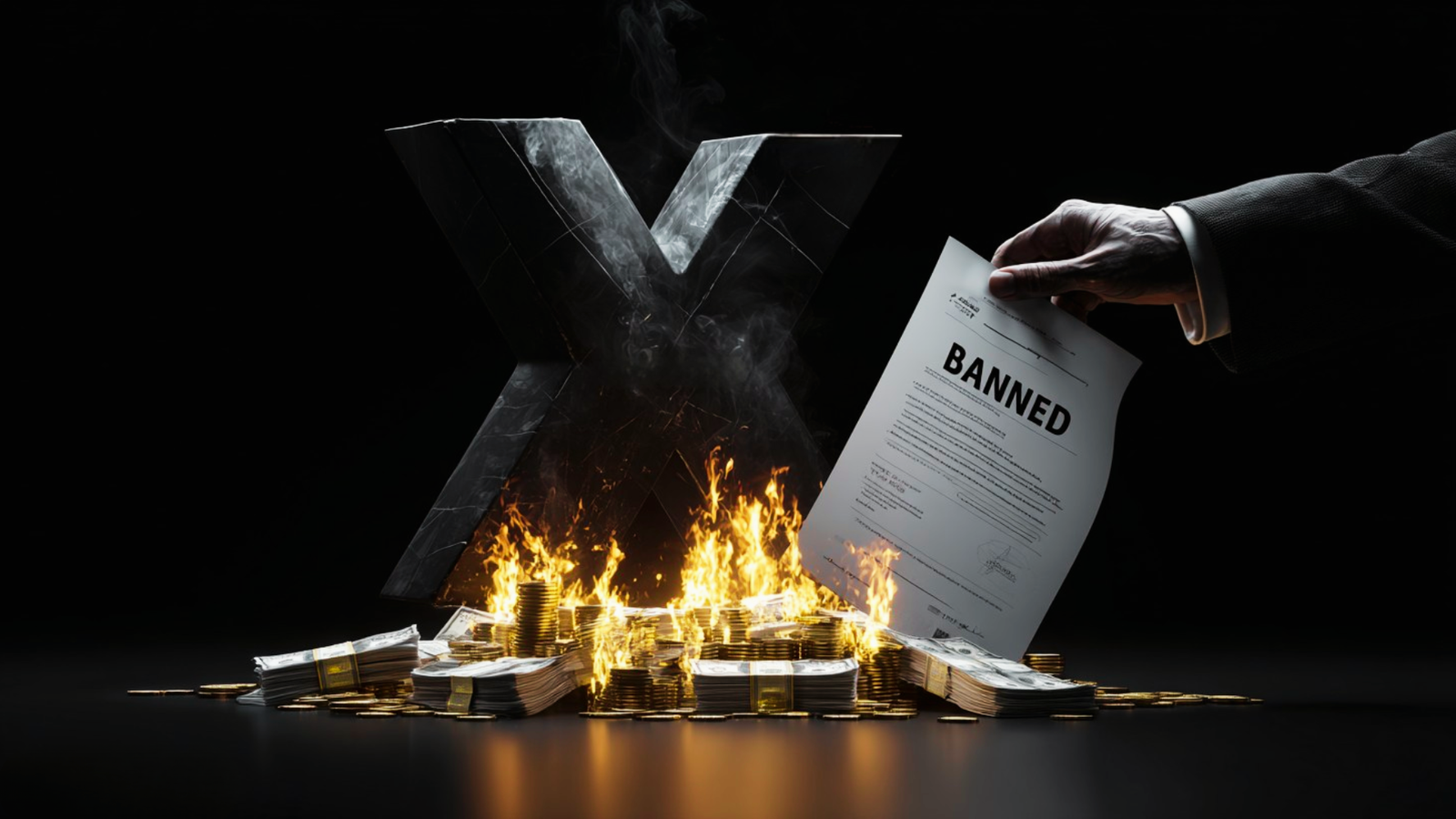President Nayib Bukele is cashing out part of El Salvador’s historic Bitcoin gamble. After tripling the nation’s stake into a $400 million paper profit, his government has begun shifting winnings into gold—a move that signals the country’s Bitcoin experiment is entering a new phase.
ChainStreet’s Brief
- From Crypto to Gold: El Salvador rotates $50 million from Bitcoin into nearly 14,000 ounces of gold, insulating profits from volatility.
- The Bet Paid Off: The country’s $300 million Bitcoin stake is now worth over $700 million—delivering $400 million in paper gains.
- A New Sovereign Playbook: Bukele shows how nations can use digital assets to generate windfalls, then secure them with traditional reserves.
After a three-year run that turned a speculative Bitcoin bet into a $400 million paper profit, El Salvador is quietly de-risking its treasury. The government’s recent $50 million gold purchase isn’t just diversification—it’s the classic move of a trader locking in gains. The most radical phase of the country’s Bitcoin experiment appears to be over; the profit-taking has begun.
Cashing in on the Bitcoin Gambit
El Salvador’s $50 million move into gold marks a strategic rotation out of a high-volatility winner into a stable, traditional asset. It’s the same playbook corporate treasurers use to secure hard-earned gains.
The country’s $300 million Bitcoin investment is now worth over $700 million, generating more than $400 million in paper profits. What began as a gamble has reshaped El Salvador’s balance sheet.
Bukele is laying down a model for other nations: use crypto for high-risk accumulation, and once the upside materializes, rotate into hard assets like gold. It’s using the new world to buy the old one.
For years, Bukele’s “Bitcoin experiment” was dismissed as ideological theater. The numbers now say otherwise: it was a high-risk, high-reward trade that worked.
El Salvador’s estimated $300 million in Bitcoin purchases since 2021 have swelled to over $700 million. That leaves the government with nearly half a billion in unrealized gains. In finance, the question is simple: how do you protect the win?
The answer came with nearly 14,000 troy ounces of gold. While Bukele keeps the optics alive with his token 1 BTC-a-day buys, the real capital is moving into gold—a hedge against Bitcoin’s volatility and a way to crystallize a portion of the profit.
This isn’t a betrayal of the Bitcoin ethos. It’s a pragmatic endgame for a nation that just executed one of the boldest speculative plays in recent history.
Strategic Defiance of the IMF
The gold allocation doubles as geopolitical strategy. El Salvador remains at odds with its $1.4 billion IMF loan agreement, which bars the country from further Bitcoin accumulation. Daily BTC purchases allow Bukele to maintain his anti-establishment stance.
But the gold buy sends another message: he’s not reckless. He’s a head of state who turned a controversial bet into fiscal breathing room and then rotated winnings into an asset every central banker respects. At the negotiating table, that makes him harder to dismiss.
ChainStreet’s Take
Bukele isn’t a Bitcoin maximalist. He’s an opportunist who spotted Bitcoin as a once-in-a-generation asymmetric trade for a small nation shut out of traditional finance. The bet paid off.
Now comes the exit strategy. Gold is the first step in securing the gains from a digital windfall with an ancient store of value. It’s a playbook for other countries on the edge of the global system: you don’t have to choose between old money and new money—you can use one to buy the other.



